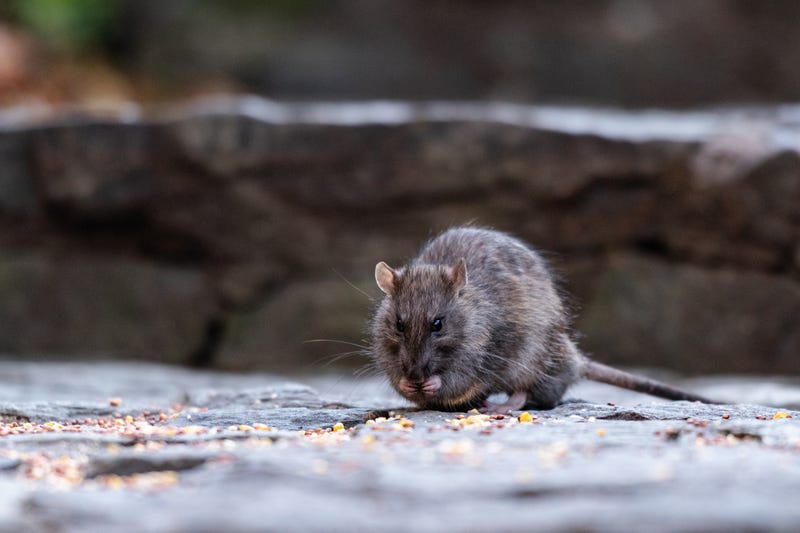
NEW YORK (WCBS 880) — New Yorkers might be happy not to take this top spot once again.

For the seventh year in a row, Chicago has been named "The Rattiest City" by pest control company Orkin.
In its latest list released last week, Los Angeles ranked second, New York City ranked third, while Washington D.C. and San Fransico followed — the same findings as last year.
Buffalo and Albany also made it's way on Orkin's Top 50 list, which compared the number of residential and commercial treatments in metro regions from Sept. 1, 2019, to Aug. 31, 2020.
The Atlanta-based company cited the pandemic's influx in rat populations in cities across the country as rats foraged for new food sources with businesses and restaurants closed.
As COVID-19 conditions improve within the U.S., Orkin entomologist Ben Hottel said food availability will rise with a return to the "new normal."
"Rodents are experts at sniffing out food and shelter, and they’re resilient in their ways to obtain both," he said. "After a year of depleted resources, residential properties offer the ideal habitat for rodents, and once they’ve settled in, they’re capable of reproducing rapidly and in large quantities."
Rats can cause other headaches as well including structural damage, food contamination and health issues as some main concerns.
Orkin recommends the following tips to prevent rats and mice in and around the house:
— Keep food stored away: Small crumbs and garbage are popular food sources, as are dry goods such as grains and cereals. These should be kept in sealed metal or glass containers to prevent contamination.
— Clear out the clutter: Cardboard objects prove attractive to rodents, as they tend to chew them up for use in their nests. Take advantage of your extra time at home to clean and organize crowded spaces around the house.
— Do not let the landscaping run wild: Tall grass with adequate harborages, such as woodpiles next to the house, can be ideal habitats for rodents.
— Inspect both inside and outside your home: Key things to look for are rodent droppings, burrows and rub marks along baseboards and walls. The more quickly rodents are detected, the better.
— Look for possible entry points: Pay attention to access opportunities outside your home and seal any cracks and holes. Install weather strips around entryways, especially under doors, to help block rodents from sneaking inside.

